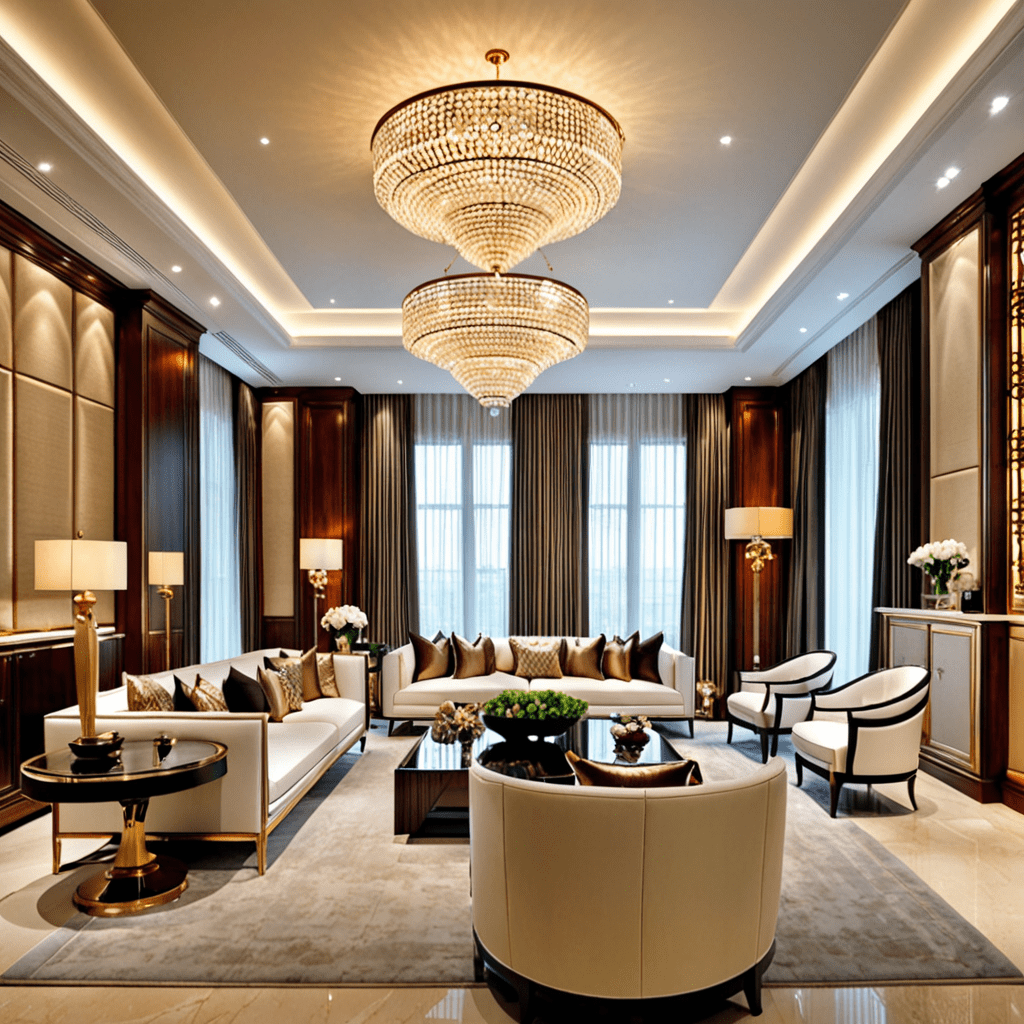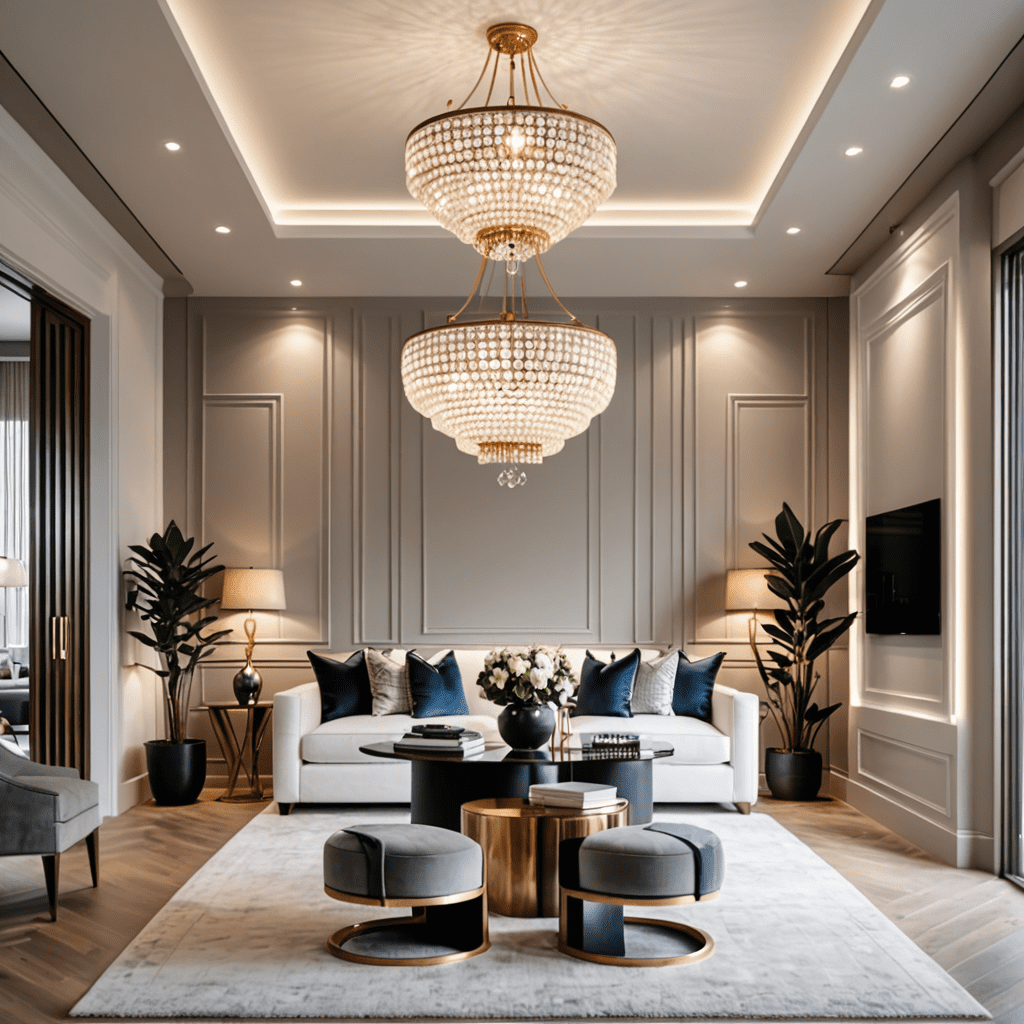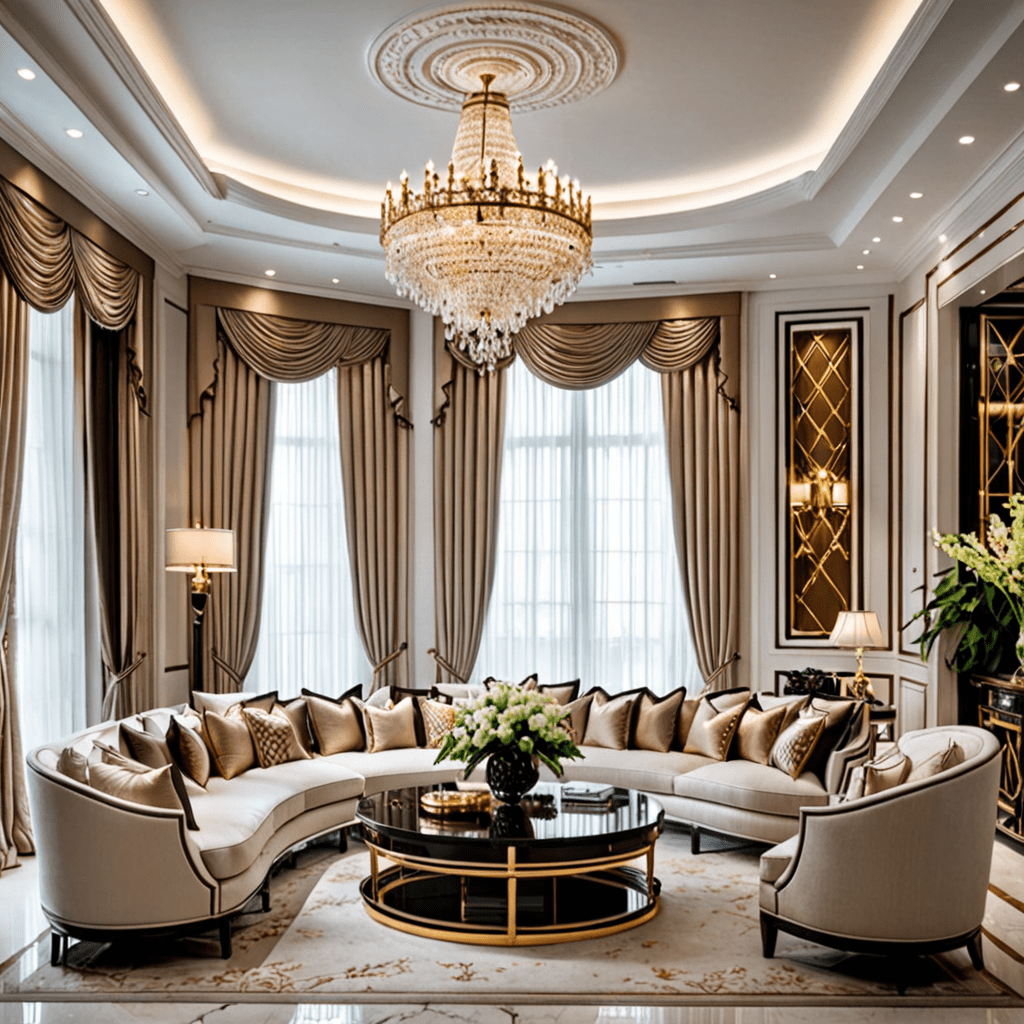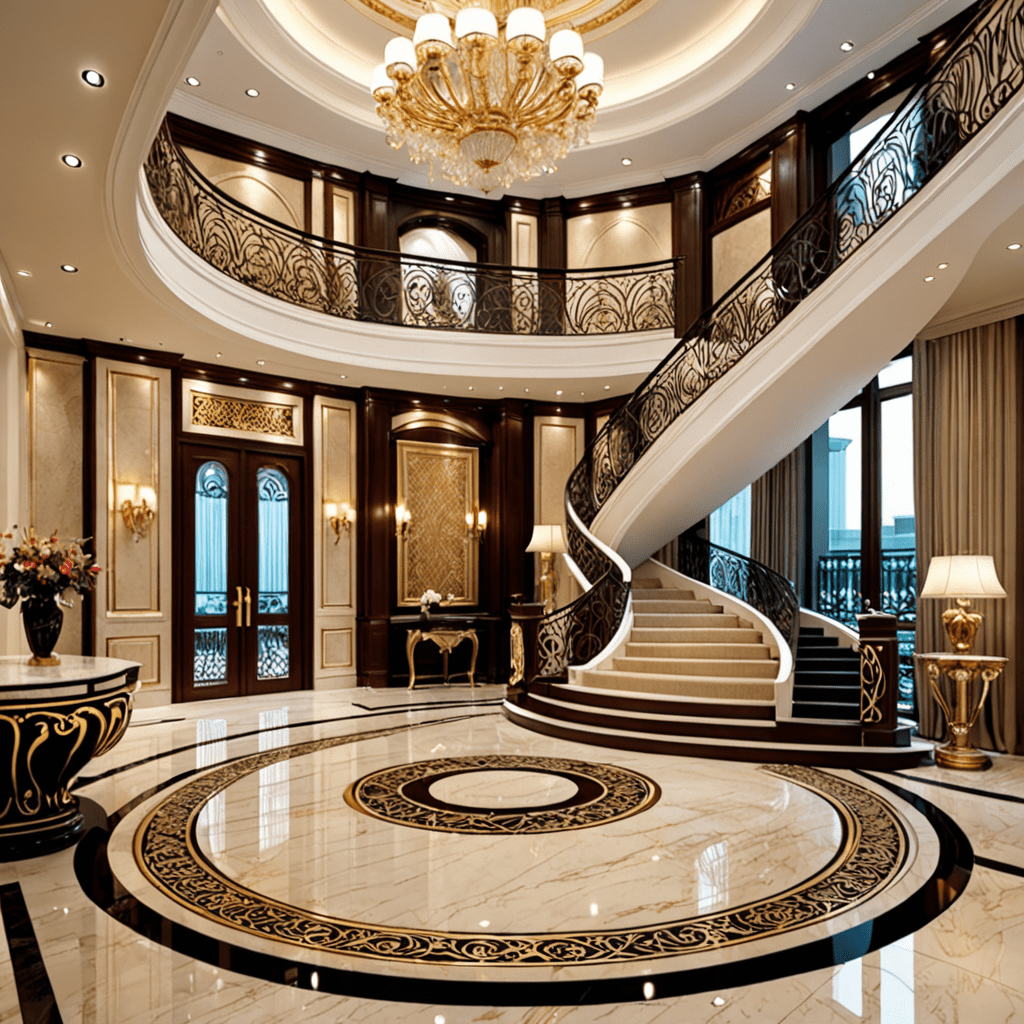Exploring the Lucrative Prospects in Interior Design Careers


Exploring the Lucrative Prospects in Interior Design Careers
Interior design as a profession continues to gain traction for those with a keen eye for aesthetics and a passion for creating beautiful and functional spaces. The field offers diverse opportunities for individuals to unleash their creativity while making a mark in the realm of design. This article delves into the job outlook for interior design, shedding light on the growing demand for skilled professionals and the various avenues for career growth in this dynamic industry.
The Growing Demand for Interior Designers
The demand for interior designers is on the rise, driven by an increasing awareness of the impact of well-designed spaces on individual well-being. With the growing emphasis on creating environments that are not only visually appealing but also promote productivity and comfort, interior designers play a crucial role in shaping contemporary living and working spaces.
According to the U.S. Bureau of Labor Statistics, the employment of interior designers is projected to grow 4% from 2019 to 2029, which is about as fast as the average for all occupations. This growth is attributed to businesses and homeowners recognizing the value of professionally designed spaces and seeking the expertise of interior designers to enhance the functionality and aesthetic appeal of their interiors.
Areas of Specialization and Career Pathways
Interior design offers a plethora of specialization areas, allowing professionals to carve out niche career paths based on their interests and strengths. Some of the common areas of specialization include residential design, commercial design, hospitality design, sustainable design, and kitchen and bath design. Aspiring interior designers can also explore opportunities in set design for film and television, exhibition design, and retail space design.
As professionals gain experience and expertise in their chosen specialization, they may advance to leadership roles such as senior designer, design director, or even start their own design firms. The prospects for career growth in interior design are abundant, catering to individuals with varying aspirations within the field.
Emerging Trends and Technologies
The evolution of technology has significantly influenced the landscape of interior design, giving rise to innovative tools and software that streamline the design process and enable designers to create immersive visualizations. The integration of virtual reality (VR) and augmented reality (AR) has revolutionized the way clients experience and interact with design concepts, propelling the demand for designers skilled in utilizing these technologies.
Moreover, sustainable design practices and eco-friendly materials have gained prominence, leading to a surge in opportunities for designers with expertise in creating environmentally conscious spaces. The emphasis on sustainability and wellness in design has opened avenues for interior designers to work on projects that align with these principles, contributing to a more environmentally conscious and health-focused approach to design.
The Entrepreneurial Landscape
For those with an entrepreneurial spirit, the interior design industry presents fertile ground for establishing and growing successful ventures. With the flexibility to cater to diverse clientele and the potential to scale their businesses, interior designers have the opportunity to leverage their creativity and business acumen to build thriving design firms and consultancy services.
Entrepreneurial ventures in interior design extend beyond traditional design services, encompassing product design, e-commerce platforms for curated décor and furnishings, and design-focused content creation through blogs and social media. The digital era has facilitated the reach and impact of interior design entrepreneurs, allowing them to connect with a global audience and establish influential brands.
FAQ
What qualifications are required to pursue a career in interior design?
Most interior design positions require a minimum of a bachelor’s degree in interior design or a related field. Additionally, acquiring relevant certifications and licenses, such as the National Council for Interior Design Qualification (NCIDQ), can enhance job prospects and demonstrate expertise in the field.
What skills are essential for a successful career in interior design?
Effective communication, creativity, attention to detail, proficiency in design software, and a strong understanding of spatial arrangements and color theory are critical skills for interior designers. Additionally, the ability to understand clients’ needs and preferences while staying updated on design trends is vital for success in this field.
How does the job market for interior designers differ by region?
The job market for interior designers can vary by region, influenced by factors such as population growth, urban development projects, and the presence of industries that demand specialized design services. Urban centers and areas experiencing rapid development often offer robust job opportunities for interior designers, while rural regions may have a more limited demand for such services.
What is the earning potential for interior designers?
The earning potential for interior designers varies based on factors such as experience, expertise, clientele, and geographic location. According to the U.S. Bureau of Labor Statistics, the median annual wage for interior designers was $56,040 in May 2020, with the highest 10% earning more than $96,840. Establishing a strong portfolio and reputation in the industry can lead to lucrative commissions and projects.
Embarking on a career in interior design offers an exciting journey filled with opportunities for creativity, innovation, and professional growth. With the evolving landscape of design trends and technologies, interior designers are poised to play an instrumental role in shaping the future of living and working spaces.





